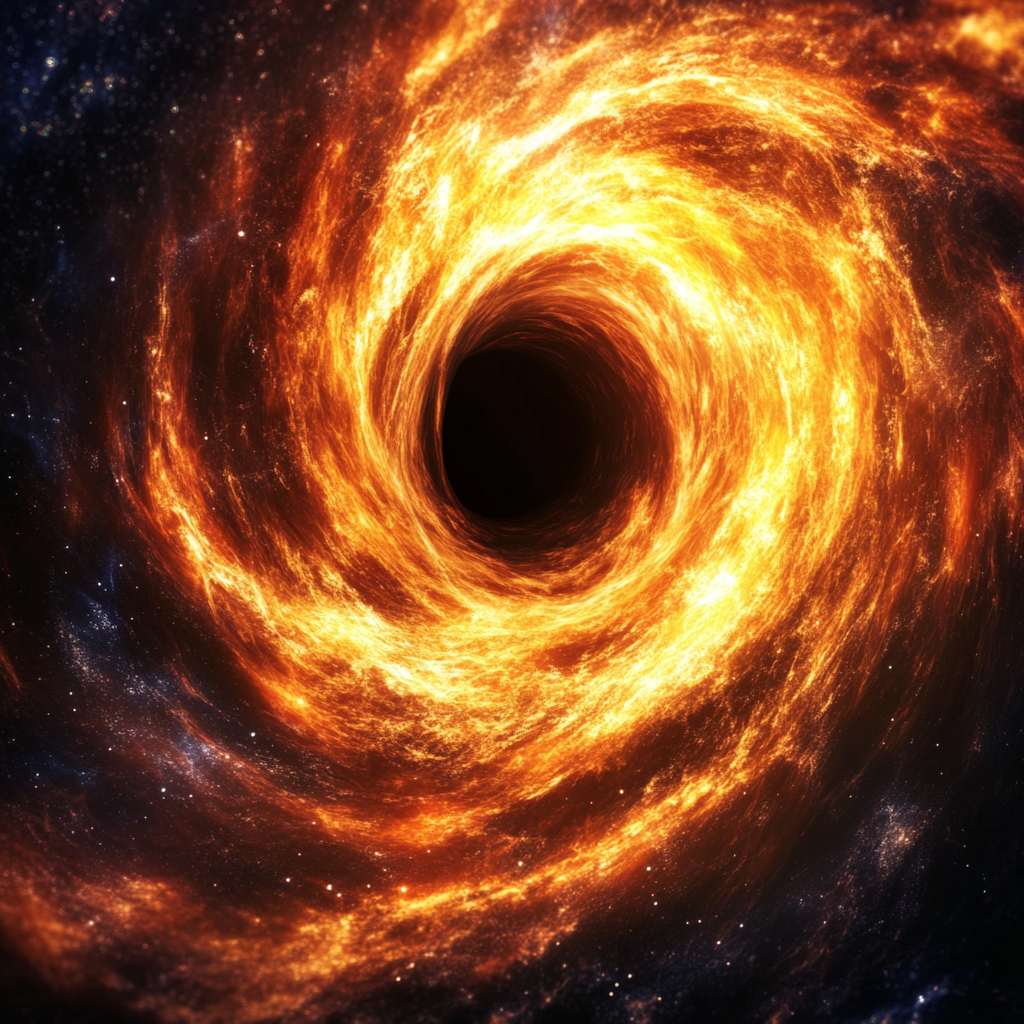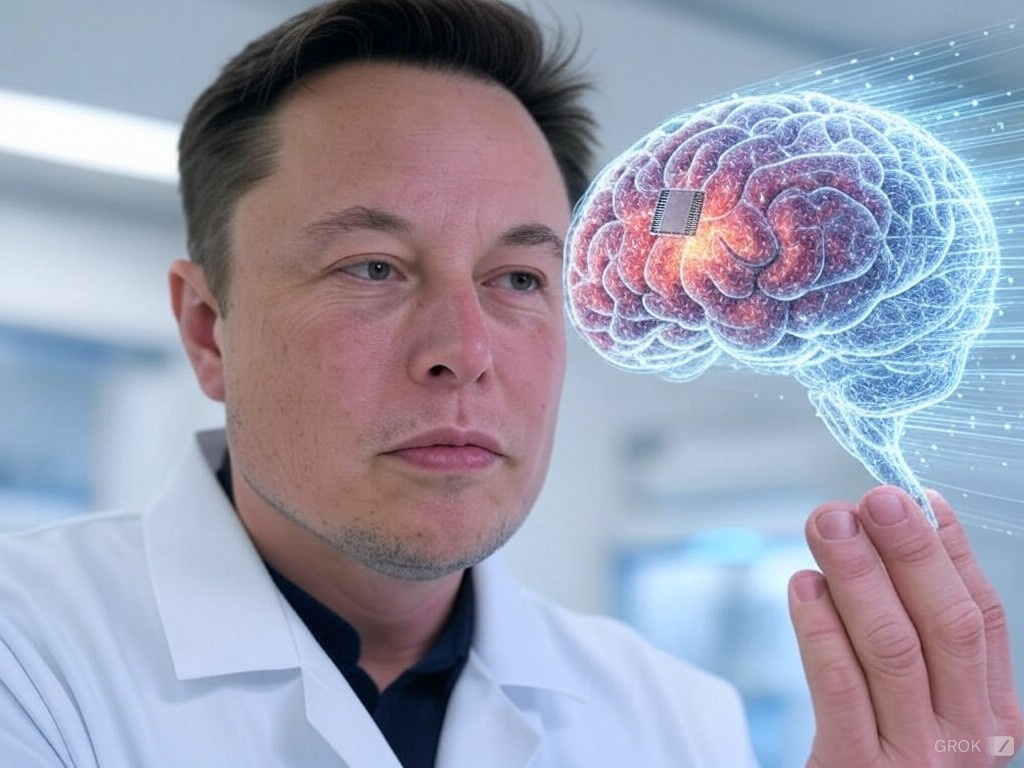A recent study highlights the dynamic nature of black holes, emphasizing that their geometry changes during radiation emissions. These changes play a vital role in accurately describing their thermodynamic behavior, a concept previously underexplored.

The study extends black hole thermodynamic characteristics to Extremely Compact Objects (ECOs). Even without event horizons, ECOs share crucial thermodynamic properties with black holes, bridging the two concepts.

The findings are significant for resolving the black hole information paradox. By applying thermodynamic principles to ECOs, the research offers a new perspective on black hole behavior within quantum gravity scenarios.

The research was led by Dr. Christian Corda and Dr. Carlo Cafaro, experts in quantum physics, statistical mechanics, and general relativity. Their combined expertise was key in tackling the complex issues surrounding black hole and ECO thermodynamics.

Traditionally, black holes are described through classical general relativity, with event horizons and singularities at their core. However, newer approaches suggest that black hole-like objects can exist without these extreme features.

Extremely Compact Objects (ECOs) challenge the conventional understanding of black holes. They offer an alternative model that removes the issue of singularities while raising questions about the applicability of established black hole thermodynamics.

In 2023, Samir Mathur and Madhur Mehta proved that black hole thermodynamics is universal. Their work demonstrated that ECOs and black holes share these thermodynamic properties, regardless of whether the object has an event horizon.

Mathur and Mehta’s work assumed a thermal emission spectrum for black holes, but energy conservation challenges this assumption. Strong evidence suggests that Hawking radiation is not entirely thermal, prompting a re-evaluation of black hole dynamics.

Drs. Corda and Cafaro introduced the concept of effective temperature to explain black hole behavior during quantum transitions. This allows the calculation of dynamic states, where black holes absorb or emit energy non-thermally.

This research generalizes the work of Mathur and Mehta, providing a broader understanding of black holes and ECOs. By focusing on the dynamic states of black holes, the study opens new avenues for exploring black hole thermodynamics within quantum gravity frameworks.
“Universality of the thermodynamics of a quantum-mechanically radiating black hole departing from thermality” by Christian Corda and Carlo Cafaro, 8 August 2024, Physics Letters B.
DOI: 10.1016/j.physletb.2024.138948





